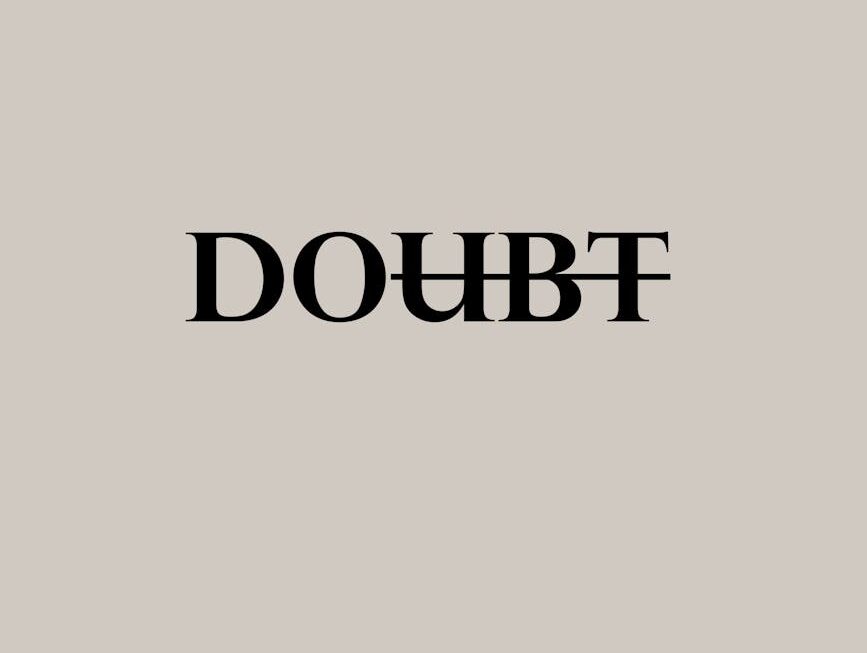“For when too large a proportion of the populace is supporting itself by the indirections of trade and business and commerce and art and the million schemes of men in cities, then the complexity of society is likely to become so great as to destroy its equilibrium, and it will always be out of balance in some way.” – E.B. White, ‘A Week in November’
This E.B. White quote from his essay “A Week in November” serves as a poignant reminder of the delicate equilibrium that sustains societies. It suggests that when a society becomes overly reliant on the intricate machinations of trade, business, commerce, art, and various urban schemes, it risks losing its balance due to the ensuing complexity. This imbalance, according to White, is inevitable when the proportion of people engaged in such activities becomes too large. Thus is our 21st century global society, and hence the multitude of issues we’re facing.
Reading this particularly insightful sentence led me to needing some introspection on complexity and equilibrium. White’s words prompt a reflection on the intricacies of modern societies, where the interweaving threads of various professions and pursuits create a complex, dynamic system. This complexity isn’t inherently detrimental, as it’s the catalyst for innovation, diversity, and progress. However, when the balance is skewed, when the complexity becomes overwhelming, it can lead to societal instability and discord. This is where I believe we’re at right now.
In today’s world, the complexity of society has reached unprecedented levels, with technology and globalization intertwining economies, cultures, and individual lives in ways unimaginable in White’s time. The rapid pace of change and the relentless pursuit of progress have created a society now constantly teetering on the edge of imbalance, with the scales constantly tipping back and forth seemingly daily on the whims of popular opinion.
Rather than just mull over the world’s woes, I decided to brainstorm some actionable advice. While individuals may not be able to make sizable differences on their own, I believe that collectively, if we keep the following few points in mind, instead of ranting and raving about the inadequacies of our elected officials, we may find ourselves able to better govern ourselves at the very least.
Promote Balanced Development: Society should strive to ensure that advancements in one sector don’t overshadow the needs and progress of another. We must foster a diverse economy where agriculture, manufacturing, and services coexist and complement each other, not compete against each other for resources and attention.
Encourage Sustainable Practices: While the subject of sustainability has been beat to a pulp, that doesn’t mean it shouldn’t be at the core of all societal activities. The pursuit of progress must not deplete the resources and compromise the well-being of future generations. We must continue to adopt eco-friendly practices in every phase of our lives, promoting conservation, and mitigating the impact of climate change.
Cultivate Community Engagement: Strengthening the fabric of society involves cultivating a sense of community and mutual responsibility. Encouraging civic engagement, volunteerism, and social cohesion can help in mitigating the adverse effects of societal complexity, maintaining equilibrium through communal action.
Educate for Adaptability and Resilience: Education should focus not only on imparting knowledge, but also on developing adaptability and resilience. Equipping individuals with the skills to navigate the complexities of modern society and to adapt to change can help in maintaining personal and societal balance.
Prioritize and Destigmatize Mental Health: The complexities of modern life ultimately can take a toll on mental health. We must prioritize mental well-being by destigmatizing mental health issues, providing accessible mental health services, and promoting practices that enhance psychological resilience.
Advocate for Equitable Policies: We must hold our elected officials to be accountable for creating policies designed to reduce inequalities and ensure that the benefits of progress are shared equitably. This also involves advocating for social justice, equal opportunities, and inclusive development. Any elected official that doesn’t serve all of these capacities must be replaced the greater good of society.
E.B. White’s insights into the delicate balance of society are a timeless reminder of the consequences of unchecked complexity. While the intricate interplay of various societal elements is inevitable and even desirable in some cases, it’s crucial to maintain a balance to prevent the system from spiraling into chaos.
By promoting balanced development, sustainability, community engagement, adaptability, mental well-being, and social equity, societies can navigate modern existence without losing their equilibrium. This way, the myriad schemes of people in cities can coexist harmoniously with the simpler, more fundamental aspects of life, creating a society that’s diverse, dynamic, and balanced.
~ Amelia <3



